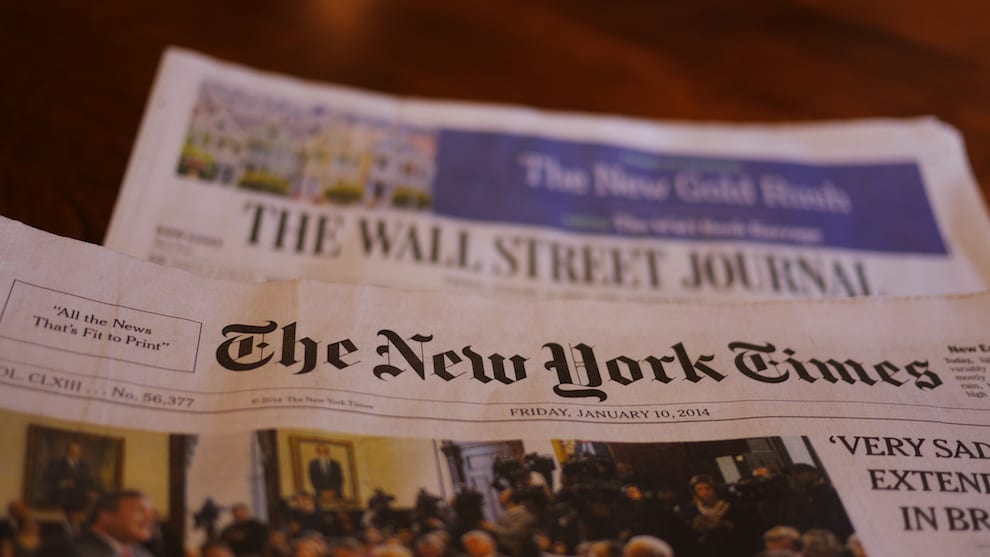Riyadh has a clear strategy – just not one that Washington should endorse.
Even for the Middle East, the last few days qualify as a rough patch. Let’s recap: The Saudi government executed a prominent political dissident and religious minority, despite knowing in advance that it would spark domestic and international backlash. In doing so, it made a growing sectarian problem in the region even worse; goaded Iranian hard-liners into storming the Saudi Embassy in Tehran; and severed diplomatic ties with Iran — all while refusing for the past two-and-a-half years to meet directly with Iran to de-escalate tensions. Now decision-makers in Riyadh are claiming to be the victim.
This raises the question: What the hell is Saudi Arabia doing? Unfortunately, the most plausible answers aren’t very reassuring.
Since the U.S. invasion of Iraq in 2003, Saudi Arabia’s top geopolitical goal has been to maximize its power at Iran’s expense. The nuclear deal between the P5+1 and Iran has kicked Saudi Arabia’s fear of Iran’s geopolitical rise into overdrive. Riyadh sees Tehran’s reintegration into global political and economic structures as a threat to its own regional power.
But Saudi Arabia’s paranoia is not solely reserved for Washington’s Iran policy. The Saudi government has viewed most U.S. regional preferences since 2003 as threats to Saudi power, including but not limited to: support for the post-Saddam Hussein government in Iraq; Hosni Mubarak’s overthrow in Egypt (and support for the Arab Spring in general); ending Riyadh’s disastrous military adventure in Yemen; and preferring a political solution over Saddam-style regime change in Syria. American and Saudi interests are diverging on multiple fronts. Riyadh’s latest escalation will exacerbate tensions with Iran in ways that make U.S. diplomatic objectives for Syria and Yemen difficult, if not impossible.
What’s worse is that Saudi Arabia chooses to address its geopolitical fears by promoting anti-Shiite and anti-Iran sectarianism. The Saudi government’s analyses of the situations in Bahrain, Syria, and Yemen have been identical and disturbingly unsophisticated: Shiite Muslims are the bad guys, and Shiite Iran is interfering in Sunni Arab affairs. This message empowers the Middle East’s worst ideologues — the kind who think the Islamic State is admirable and the 9/11 attacks might not have been such a bad thing.
While this may help temporarily deflect domestic Saudi attention from a growing number of self-inflicted wounds — domestic austerity measures, and the wars in Syria and Yemen, to name a few — it also increases the likelihood that a generation of Saudi citizens will come of age identifying with an entitled, militarized, anti-Shiite, anti-Iran view of the region. The possibility of Saudi nationalism resembling a combination of Donald Trump and Osama bin Laden is a terrifying prospect — and not just for Iran.
Yet Saudi Arabia says it doesn’t want to destroy its alliance with the United States, and it doesn’t want war with Iran. So why is it destabilizing the region in ways that make both outcomes more likely?
Simply put, they do it because they know they can get away with it. Saudi leaders, by promoting their extremist Sunni ideology, have already helped produce some of the worst anti-American terrorists with no cost to their alliance with the West. Rather than seek peaceful solutions to the conflicts in Syria and Yemen, Riyadh has thus far refused to settle for anything less than overthrowing Assad and eliminating the Houthis. As it tries to achieve outright victory, Saudi Arabia allies with or turns a blind eye to U.S.-designated terrorist organizations, thereby further destabilizing the region — and Washington does nothing to hold its ally accountable.
Let’s be honest: Unless short-term stability is your only concern, the Saudis have rarely been a force for good in the Middle East. Their regional policies of 2016 are simply more violent versions of policies they’ve pursued for decades. Current and former U.S. officials who have seen the 28 redacted pages of the 9/11 report on Saudi government links to the hijackers seem to agree.
The spin machine that Saudi Arabia is buying in Washington cannot distort the truth: It murdered a political dissident, poured gasoline on fiery sectarianism, incited a diplomatic crisis, and now claims to be the victim. Saudi Arabia has cut its ties to Iran while plunging neck deep into two reckless wars of choice. You could say that Saudi Arabia has become the George W. Bush of the Middle East.
FAYEZ NURELDINE/AFP/Getty Images


Leave a Reply